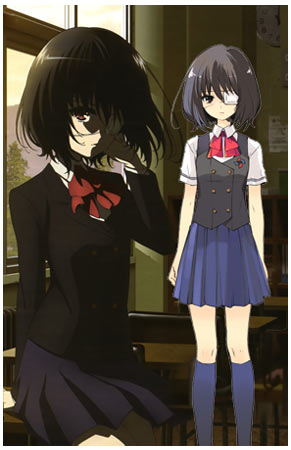I often write about the kokumin-sei or “national character” of the Japanese. By and large they’re a harmonious people, preferring to get along without unpleasant confrontations in their daily lives, and they’re especially good at gaman, that is, stoically enduring unpleasant situations without complaint. The Japanese can also be quite superstitious, and many believe actively in ghosts and related supernatural phenomena. Every few weeks it seems there’s a TV special exampling photographs with strange flares in them, or videos sent in by viewers of children talking with mysterious reflections in the TV screen, or shows in which popular male idols like Arashi are asked to sleep in a haunted house while viewers watch through hidden cameras. I’m not sure why the Japanese are so open to believing in the occult. Maybe it has to do with the tradition of youkai, a pantheon of Japanese “folk ghosts” like Hanako of the Toilet, the ghost of a girl who inhabits the fourth stall on the fourth floor of the girl’s bathroom, or Akaname, a spirit who comes into homes with dirty bathtubs, used by parents to get their children to clean the tubs more diligently. (And if you like a good scare, I recommend the new horror anime-and-manga Another.)

The Japanese are big fans of ghost lore.















